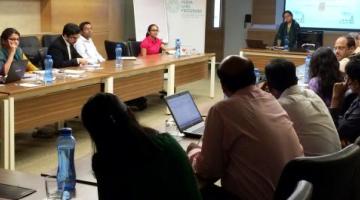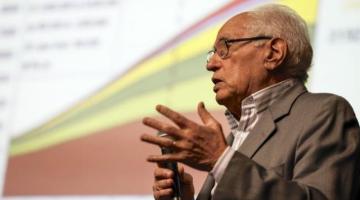Leading Indian Businesses Participate In The First GHG Clinic Organized By The India GHG Program
Key environmental, sustainability and operational representatives from fourteen leading Indian businesses participated in the first ever GHG Clinic, i.e. capacity building and technical workshop on developing corporate inventories based on the GHG Protocol Corporate Standard and the Corporate Value Chain Standard.






